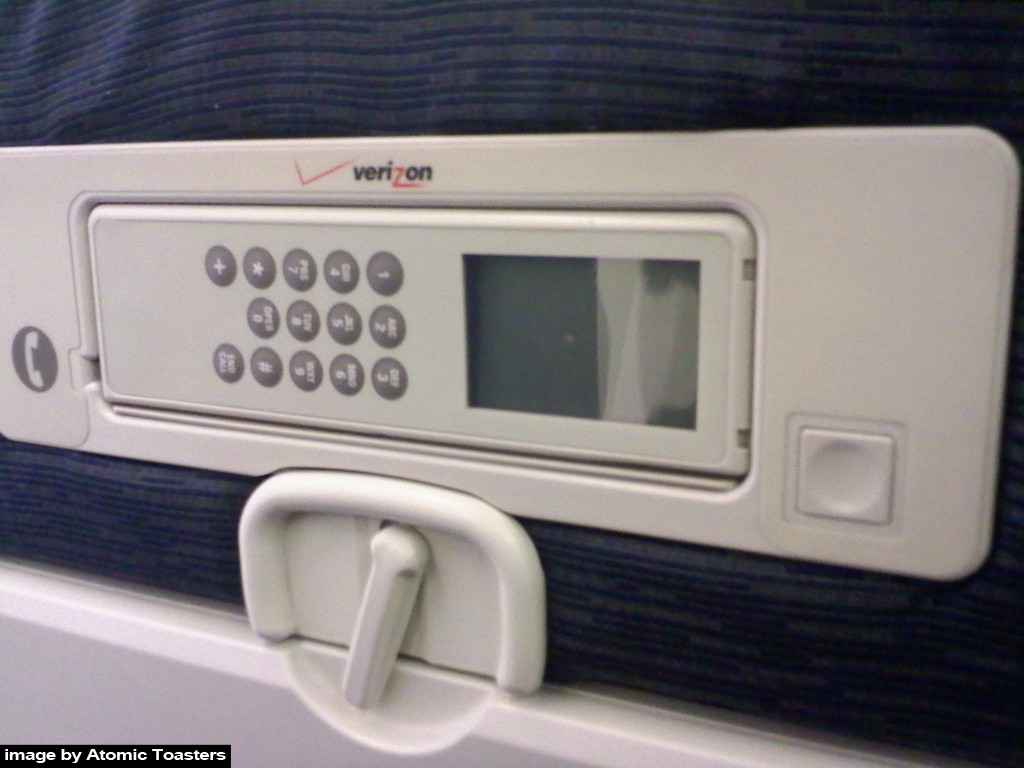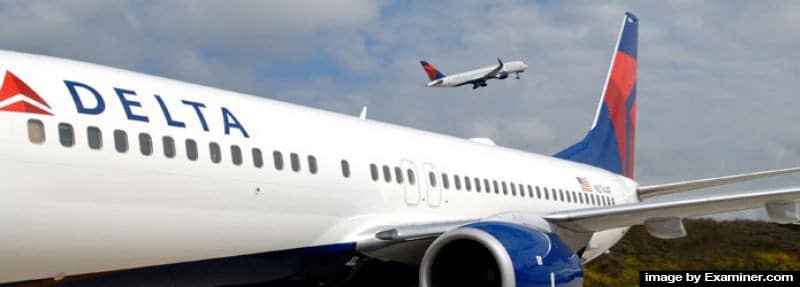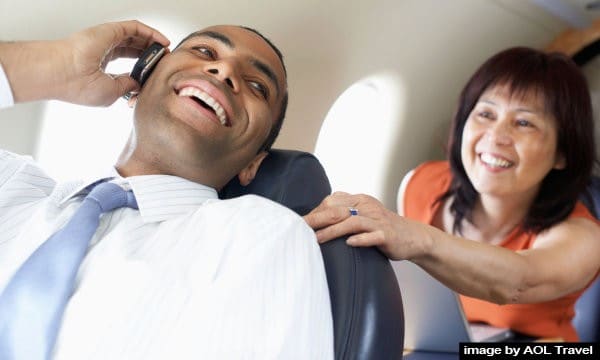After the Federal Aviation Administration (FFA) approved the use of mobile devices during flight takeoffs and landings, another change in aviation policy may surface soon. Last November 2013, The Wall Street Journal reported that the Federal Communications Commission (FCC) Chairman Tom Wheeler is working to file a petition to completely allow flight passengers to make cell phone calls.
While the petition is being drafted for the best intentions, it’s been receiving a storm of criticisms from all concerned parties: passengers, aviation companies, and the government.
Earlier attempts.
The idea of conducting mobile phone calls during flight is not new. In 2004, the FCC had drafted a proposal to lift the restrictions, saying that modern technologies are capable of supporting such communications.
At that time, commercial aircraft in the United States were mounted with seat-back phones, the most used of which is the Airfone. Initially offered by Verizon, the Airfone is an air-ground radiotelephone service that allowed in-flight calls. However, these were taken out due to the issue of cost.
Today, Airfone’s air-to-ground spectrum is being remodeled and integrated with newer technologies such as the GOGO Inc. The company extended its service by releasing a mobile app to allow voice calls. Ideally, the app aims to cater the company’s business-aviator clients, especially when making deals and transactions.
From a traveler’s perspective.
Despite the fact that there’s no official word on which airline companies will abide, some business travelers are expressing their delight with the proposal. “This sounds like a fantastic compromise,” said Accenture Brand Manager Kim Hyers in an interview with The Washington Post. According to her, she likes the idea of having a business negotiation during flights, instead of sending emails.
However, there are also passengers expressing their dismay. According to Travel Weekly, 15% of Emirates passengers said that they are only using mobile devices for texting purposes. The issue of cost was also raised, which amounts to $3-$4 per minute.
What do top airline companies have to say?
Some of the biggest names in the industry are still firm on their decision to retain the restriction.
For one, Delta airlines CEO Richard Anderson has been reported to sign and distribute a memo among its 80,000 employees to say no to “up-in-the-air” chatting. “Delta will not allow cellular calls or internet-based voice communications on-board Delta or Delta-connecting flights,” Anderson said in an official statement.
Meanwhile, Southwest Airlines CEO Gary Kelly followed up Delta’s decline to abide with the measure. In a live interview with CBS This Morning on December 2013, Kelly said that they are still after their patrons’ interests and preferences. “Well, I know that our customers don’t want it. The vast majority of the polls that we’ve taken, 60% say they don’t want cell phones in flight,” Kelly confirmed.
The US government expressed its support late last year. The Register reported that the US Senate is considering a different bill. Senator Dianne Feinstein and Lamar Alexander are drafting a bipartisan legislation. Dubbed as the Commercial Flight Courtesy Act, the measure aims to outlaw voice calls, while retaining the ability to use mobile devices for texting and web browsing.
Once passed, the senators aim to “put an end to the emerging conflict between officials over in-flight calling.”
Whether the decision to allow phone calls inside flights pushes through, one thing is certain – the safety of passengers should still be of utmost importance. Based on reports, the entire approval process will take months. This time frame should be utilized to devise new technologies to ensure travel safety.
[sdonations]2[/sdonations]




